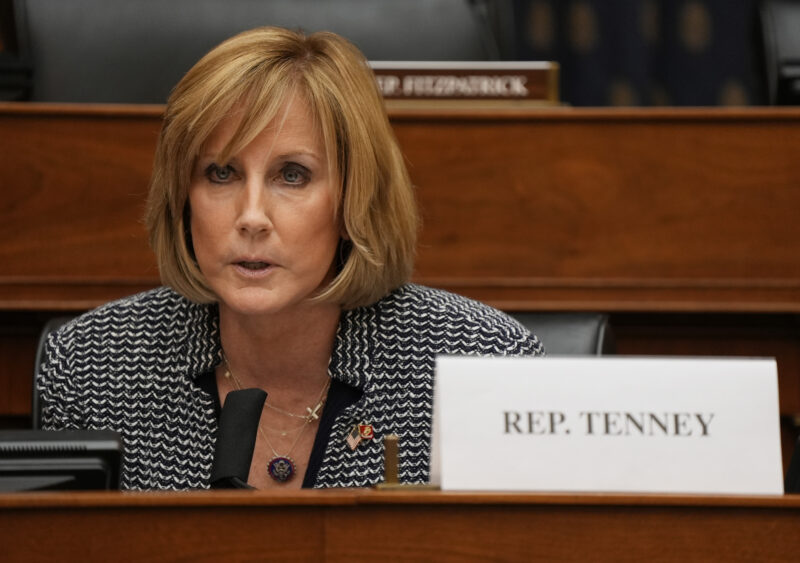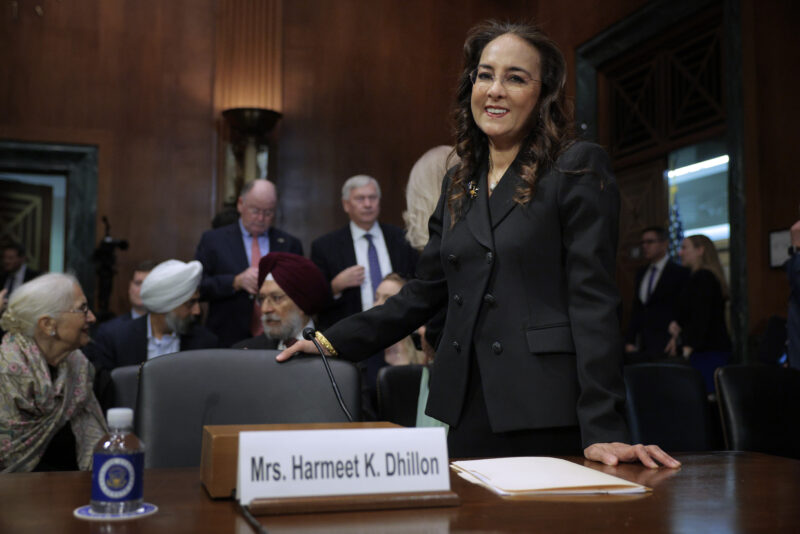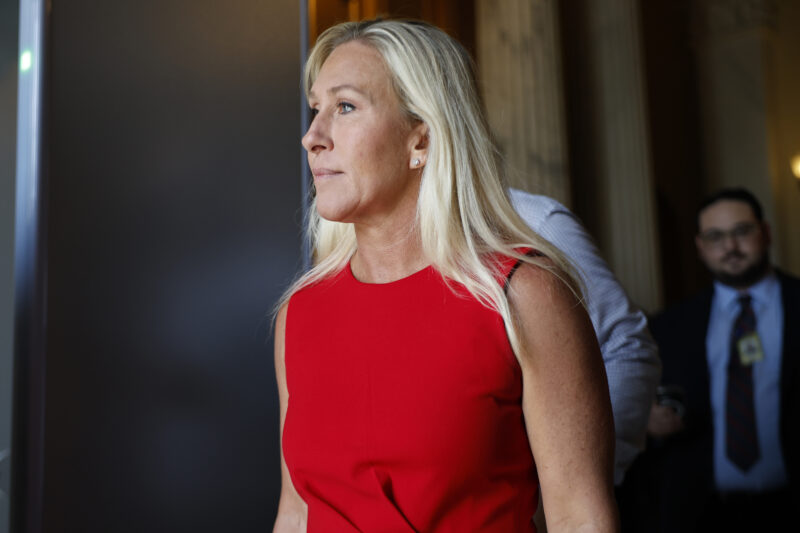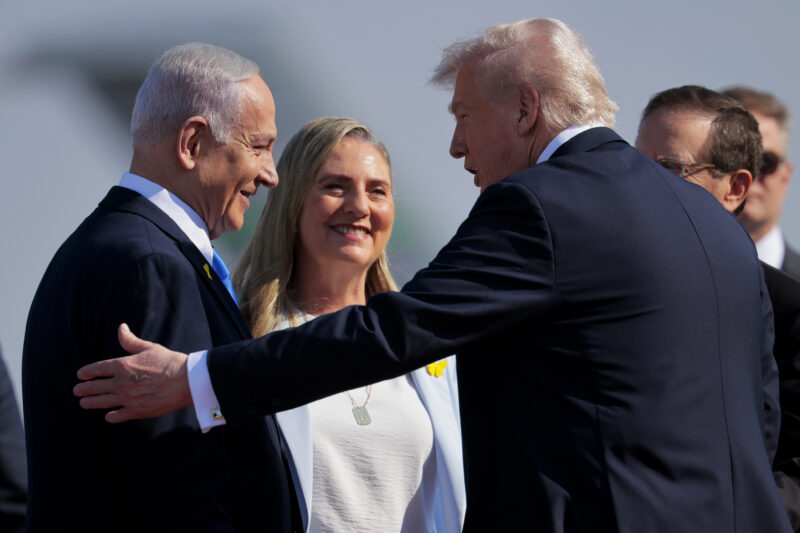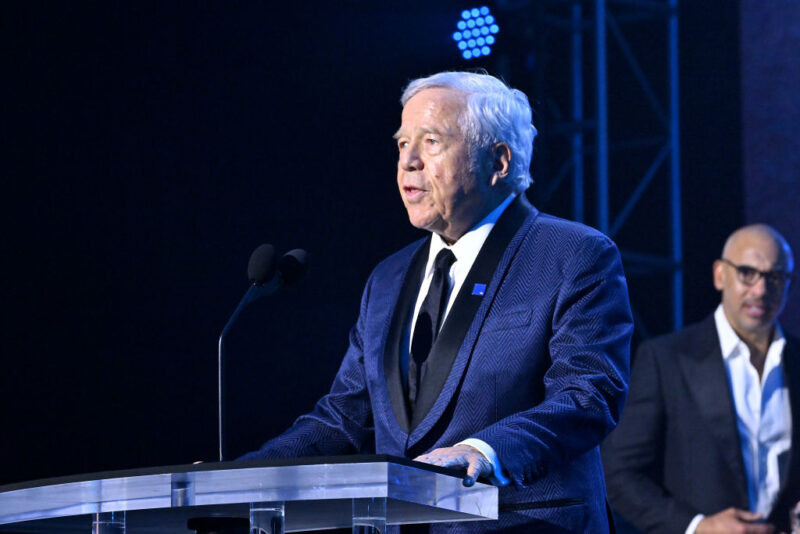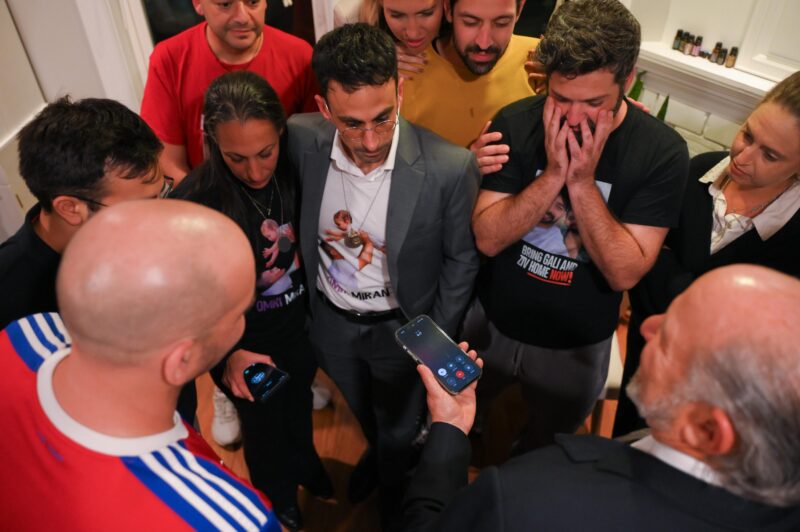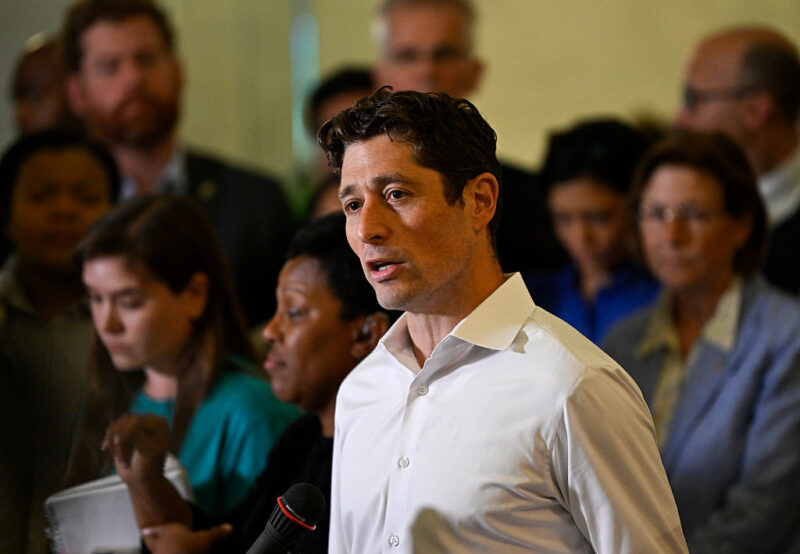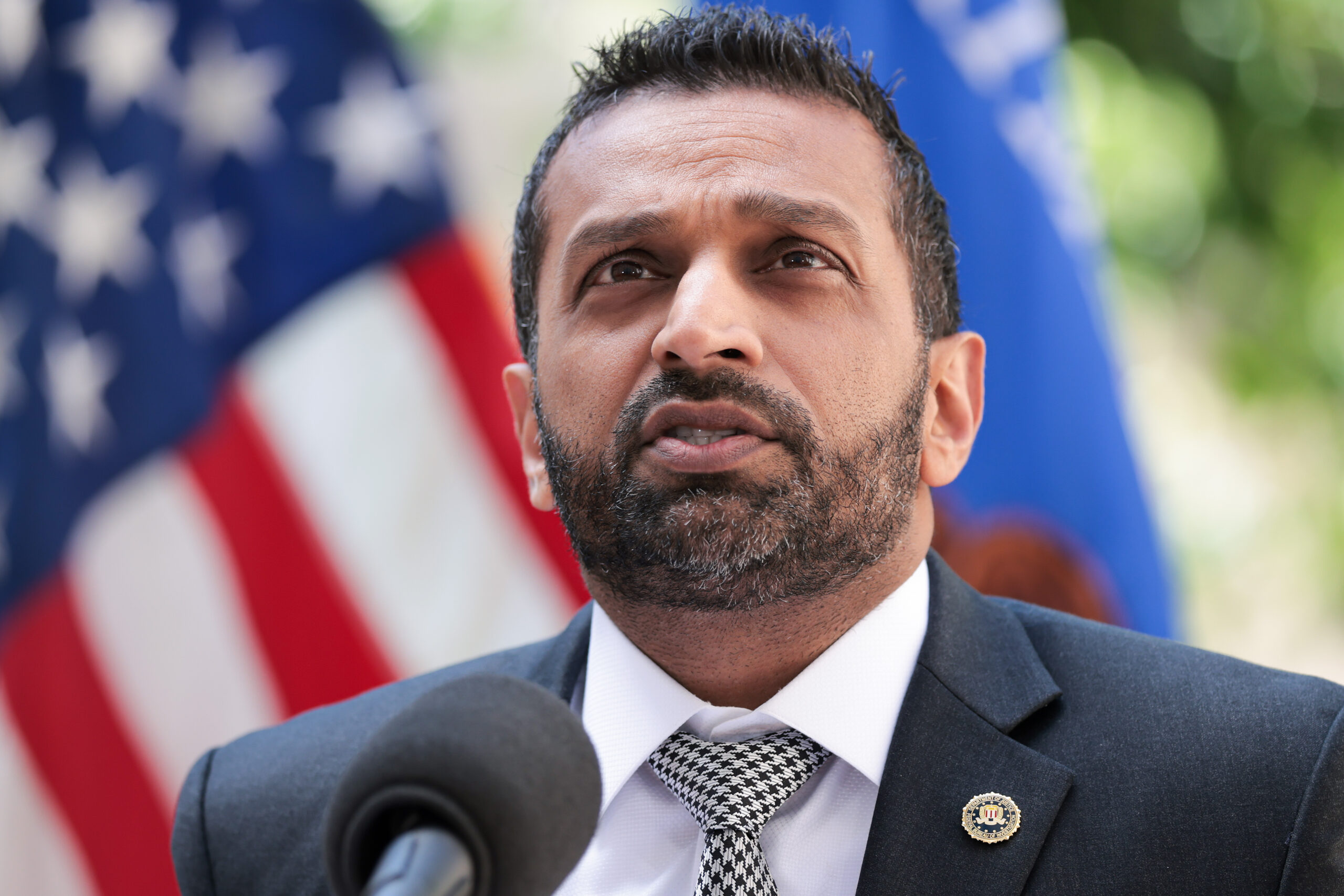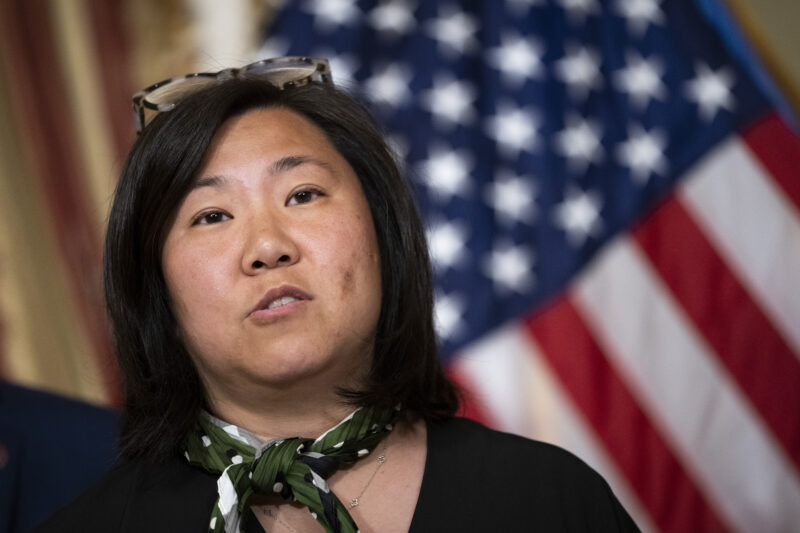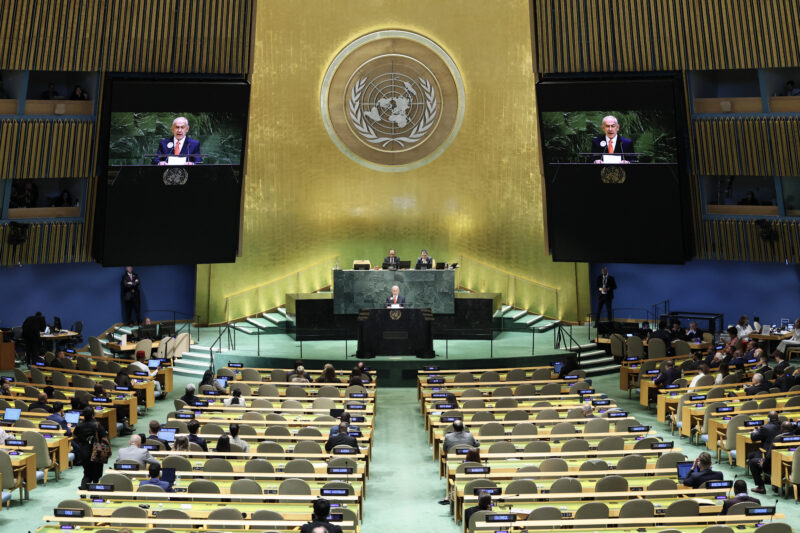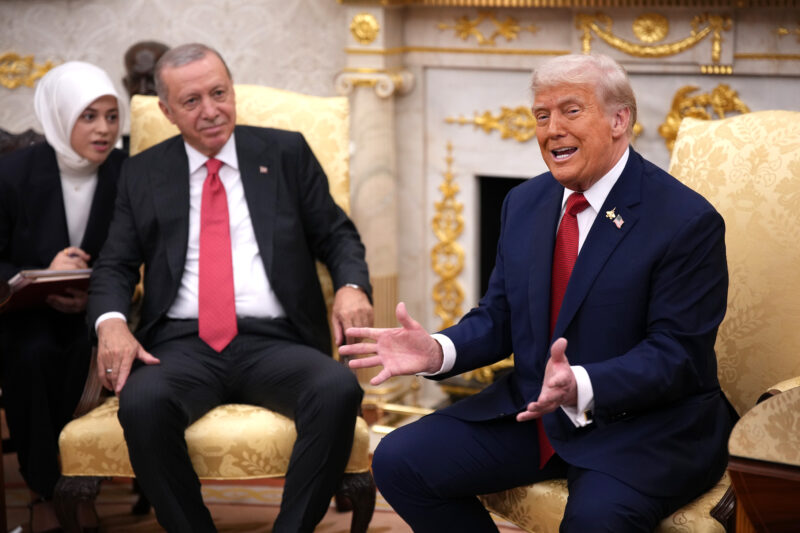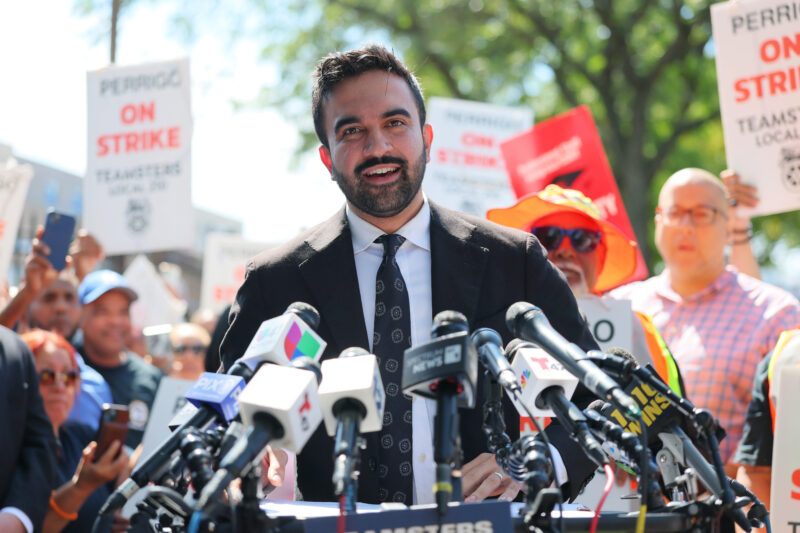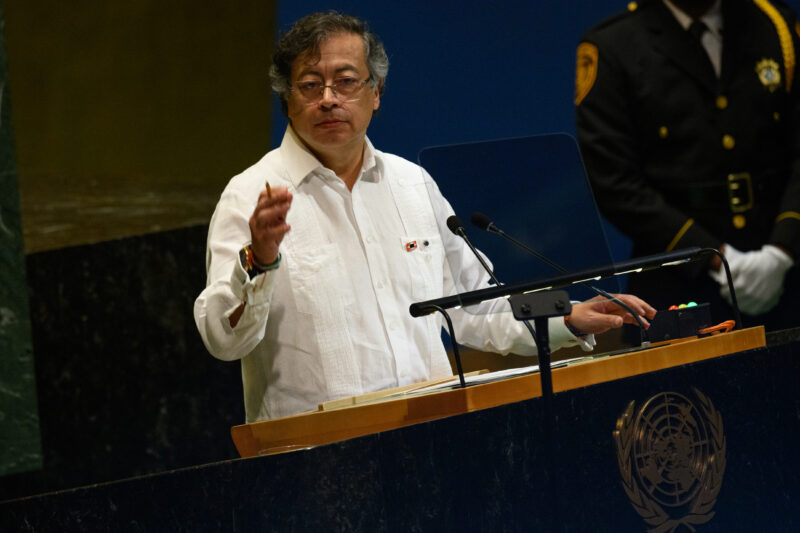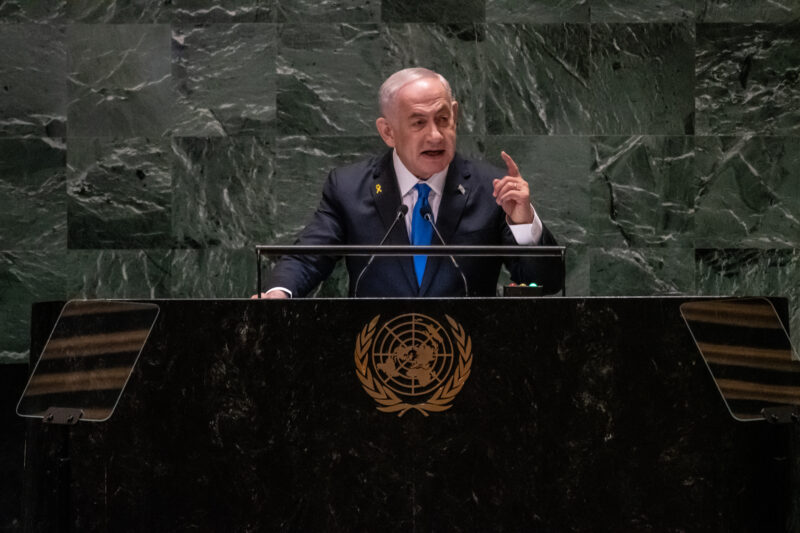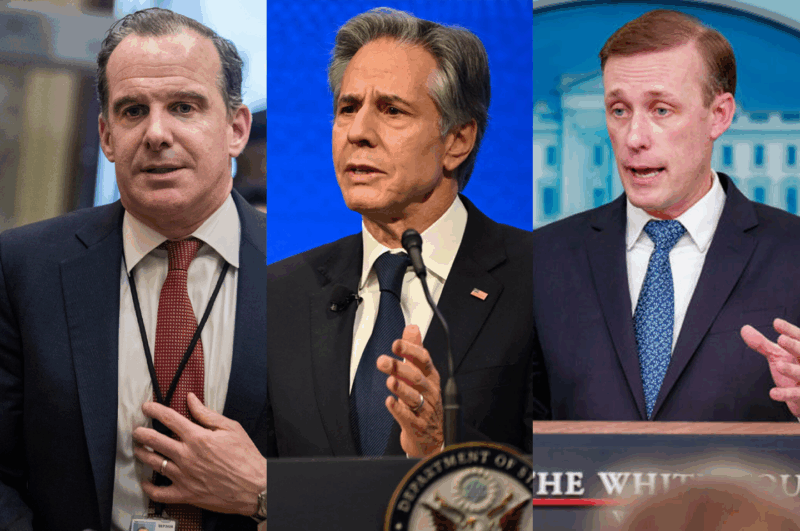As prospects dim for a Senate border deal, calls emerge for stand-alone Israel package
Lawmakers on both sides of the aisle are expressing a renewed interest in potentially splitting off Israel aid from the larger supplemental package and passing it on its own

Photo by Win McNamee/Getty Images
Sen. J.D. Vance (R-OH)
With some congressional Republicans sounding increasingly pessimistic about the prospects for a border deal that would allow supplemental aid for Israel, Ukraine and other U.S. allies to move forward, a few lawmakers are pushing for Congress to proceed with a stand-alone Israel aid bill.
Those calls could grow in the coming days if House Republicans reject the border deal, which negotiators say is essentially finalized and could be made public as soon as this week.
Sen. J.D. Vance (R-OH), a longtime opponent of Ukraine aid who has been skeptical of the border deal, and Rep. Kevin Hern (R-OK), who chairs the influential Republican Study Committee, issued a joint statement calling to abandon the border talks and pursue an Israel-only bill — without the Internal Revenue Service funding cuts that cost the House’s original Israel aid bill support from most Democrats.
“It’s time to address the issues that unite Republicans, not divide them,” they said. “We commend the Speaker for standing firm against this bad border deal, and urge him to put a clean, un-offset Israel bill on the floor of the House immediately.”
The push for a stand-alone Israel supplemental bill is bipartisan.
During a House hearing on Tuesday, Rep. Ritchie Torres (D-NY), one of Israel’s most vocal defenders in the House, said that the delays in funding for Israel and Taiwan are sending “nothing but mixed messaging” given that the timeline for those aid packages remains unknown.
He suggested that the Ukraine and border talks “could languish indefinitely” and that the Israel and Taiwan funding portions should be de-linked from the package and passed promptly.
Rep. Debbie Wasserman Schultz (D-FL) also said she’s open to passing a stand-alone Israel aid bill at a Jewish Federations of North America luncheon on Wednesday.
Wasserman Schultz said that Israeli leaders told her during a recent visit to Israel that they need aid “sooner than now.”
“The games have to stop. Let’s pass a clean Israel supplemental — either by itself or wrapped up in the larger supplemental, with no conditions,” she said.
The increasing discussion of a stand-alone Israel bill comes as lawmakers seem to be grasping for alternative paths to pass aid to Israel as prospects for a border deal seem to be dimming. Rep. Jared Moskowitz (D-FL), another outspoken pro-Israel Democrat, introduced a bill earlier this week that could set up a potential bipartisan workaround to bring Israel and Ukraine aid to the House floor.
Senate Minority Leader Mitch McConnell (R-KY) also seemed to suggest that the supplemental bill could be split up, but indicated that he favors keeping Israel and Ukraine aid together.
“It’s time to move something, hopefully including a border agreement. But we need to get help to Israel and Ukraine quickly,” McConnell said. “There is bipartisan support here in the Senate for both Israel and Ukraine, hopefully at some point we can get them the support they need.”
But the idea of splitting up the package is also facing opposition from both sides of the aisle.
Sen. Thom Tillis (R-NC) told Jewish Insider that Vance’s proposal is “a well-articulated strategy by J.D. to kill Ukraine funding. He does not want to support Ukraine in its current form and I think… in any form.”
“For those of us who are trying to support Ukraine, it’s going to have to be part of a broader discussion, which is one of the reasons why we got to the border discussion to begin with,” Tillis continued.
Senate Majority Leader Chuck Schumer (D-NY) said, “We on the Democratic side are pursuing getting all of this done, together.”
It’s also not clear what advancing Israel aid alone would mean for nonprofit security grant funding or aid to the Palestinians, both of which have been included in the Senate’s version of the supplemental bill.
Asked about these potential funding tranches, Torres told JI that he would “prefer whatever bill can pass overwhelmingly and immediately.”
Whether in a stand-alone bill or a broader package, Palestinian aid is likely to be a complication in negotiations, given the recent revelations that a dozen United Nations Relief and Works Agency employees participated in the Oct. 7 attack, and hundreds more may have close links to Hamas and other terrorist groups.
Sen. Susan Collins (R-ME), the vice chair of the Senate Appropriations Committee, told Punchbowl News that the UNRWA revelations are prompting greater resistance to the Biden administration’s request for humanitarian aid for Palestinians, although she said that some Palestinian aid could remain in the bill. Senate Republicans had indicated opposition to Palestinian aid well before the recent revelations about UNRWA.
Two dozen Senate Republicans, led by Sens. Pete Ricketts (R-NE), Tim Scott (R-SC) and Jim Risch (R-ID), wrote to Schumer on Wednesday demanding that the U.S. permanently stop all aid to UNRWA, and that such a prohibition be included in the supplemental.
“Last week’s revelation that UNRWA staff members played a part in the Oct. 7 attacks is not an example of a few bad apples acting out of turn,” the senators wrote. “Instead, it is emblematic of an organization where no investigation or subsequent corrective measures will ever be enough to cure the rot that is so clearly endemic to its mission.”
Several Republican senators also introduced new legislation seeking to cut off UNRWA funding on Wednesday.
Congressional progressives are also increasingly signaling their opposition to the immigration package.




